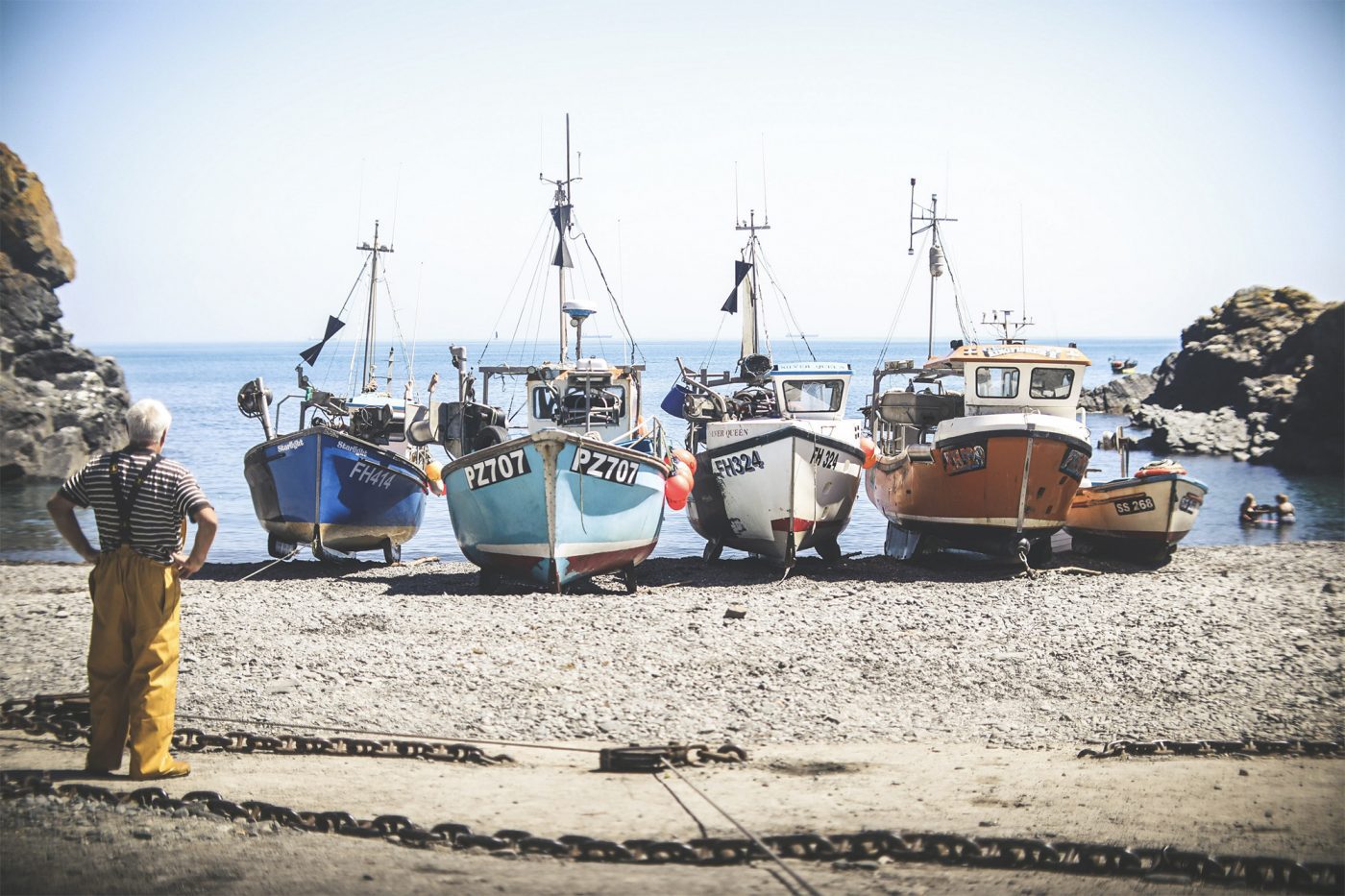22 April 2010
In the same way that a few pathfinder bees will arrive ahead of the swarm, the annual fisheries reports currently being prepared by the Federation have the potential to transform the future of fisheries science and fisheries policy.
Groundbreaking Initiative: Pilot
The failure to integrate fishermen’s knowledge into fish stock assessments and fisheries policy has been acknowledged as one of the principal reasons why management measures under the CFP have so often delivered much less than they promised. And one of the challenges faced by the fishing industry has been how to ensure that the detailed knowledge held by individual fishermen, sometimes built up over a lifetime, can be employed by the science and management systems and not be dismissed as “anecdotal” or “unsystematic”.
The regionally focused annual fisheries reports will address that problem directly and will put the industry’s knowledge at the heart of the fish stock assessment process and policy decisions on a systematic basis for the first time.
Funded by the Defra Fisheries Challenge Fund, the Cornish Fish Producers’ Organisation prepared a pilot annual fisheriesreport on behalf of the NFFO and its reception by ICES, independent scientists and policy makers, suggests that this is the way in which the future lies.
ICES advice for 2009 makes explicit reference to the CFPO annual fisheries report as an influence when making recommendations for 2010’s TACs. And the MEFEPO North West Waters Atlas, which aims to provide guidance on how to apply a European Ecosystem Plan, also relies on it. This suggests that if presented in the right way, industry information can find its way into the thinking of the key decision makers in fisheries.
Phase II: Extension to other NFFO areas
Financial support has been obtained from the Fisheries Challenge Fund (now transferred from Defra to the MMO) to extend annual fisheries reports from the Cornish pilot to the other NFFO producer organisations and regional committees. This work will lay the foundations for a comprehensive picture of the industry in England, Wales and Northern Ireland from a uniquely industry perspective.
At the heart of the annual fisheries report is the structured interview with key skippers in the region. Through this means it is possible to develop a detailed picture of critical features in the local fisheries such as:
- Fleet changes
- Target species
- By-catch issues
- Technological developments
- Changes in the spatial and sectoral distribution of fishing effort
- The fisheries response to new or existing regulation
At present, scientists and policy makers often have only a very broad brush understanding of developments in these areas and their implications are often understood only well after the event. Annual fisheries reports open the prospect of a comprehensive and detailed picture of the industry at an appropriate spatial scale in something approaching real time. Over time the annual fisheries reports will provide a developing picture of the industry’s development that is very patchy at present.
The Future
The immediate task is to develop fisheries plans for all NFFO regions but in the same way that the Fisheries Science Partnerships were pioneered by the NFFO, Defra and CEFAS, then emulated across Europe in one form or another, there is scope to extend industry-led annual fisheries reports across the whole CFP. If we manage to secure the kind of changes to the CFP that we think essential, annual fisheries reports will feed into Sustainable Fishing Plans, developed and applied by the industry as an alternative to the top down micro-management system that we labour under at present.

